- Model NO.: DK-machining
- Certification: ISO9001, TUV
- Customized: Customized
- Application: Metal Recycling Machine, Metal Cutting Machine, Metal Straightening Machinery, Metal Spinning Machinery, Metal Processing Machinery Parts, Metal forging Machinery, Metal Engraving Machinery, Metal Drawing Machinery, Metal Coating Machinery, Metal Casting Machinery
- Production Time: 30day
- Service: OEM/ODM
- Trademark: DK
- Specification: steel/aluminum/brass/bronze
- HS Code: 8433909000
- Condition: New
- Standard: DIN, ASTM, GB, ANSI
- Material: Metal
- Sample Time: 20days
- Process: Machining or Other Process Can Be Customized
- Size: Customize
- Transport Package: Cardboard Box + Crate
- Origin: China
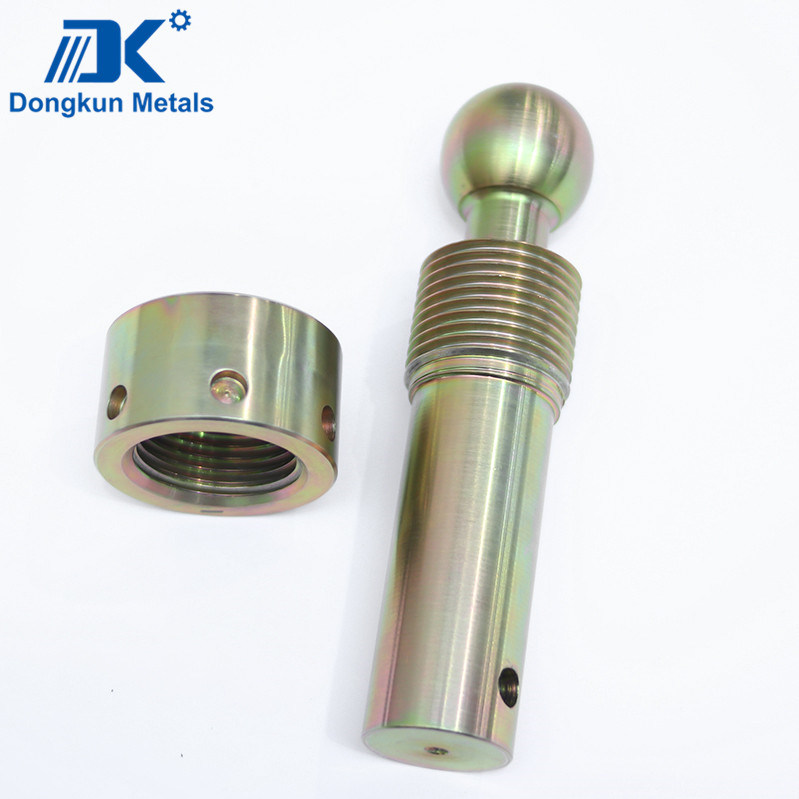
Product basic description
| Process | Machining, other process can be customized. |
| Material | Alloy Steel, Carbon Steel, Stainless Steel, Aluminum, Bronze,etc. |
| Unit Weight | 0.01kg-100kg |
| Finish | Plain, Nickel Plating , Chrome Plating or Polishing |
| Application | Automotive ,Mining, Railway, Construction equipment,Mining etc |
| Quality Control | CMM, Projection Machine, spectrometer, Hardness tester, Tensile tester etc. |
| Certificate | ISO 9001:2008 |
| Standard | ASTM,DIN,ISO,BS,JIS |
Our products are mainly used in valve industries.We can provide many kinds of casting parts/stamping parts/machining parts and forging parts.
1.  Aluminum casting, sand casting, die casting, gravity casting, high pressure die casting, low pressure die casting, forging, stamping, machining.
2. Applied software for specification drawings: Auto CAD, Solidworks.
3. Precision machining: CNC, milling machine, drilling machine, numerical lathe, all types of lathe.
4. Surface finish process: polishing, sand blasting, heat treatment, painting, powder coating, anodizing, electroplating, mirror polishing.
5. Good quality and strict delivery time.
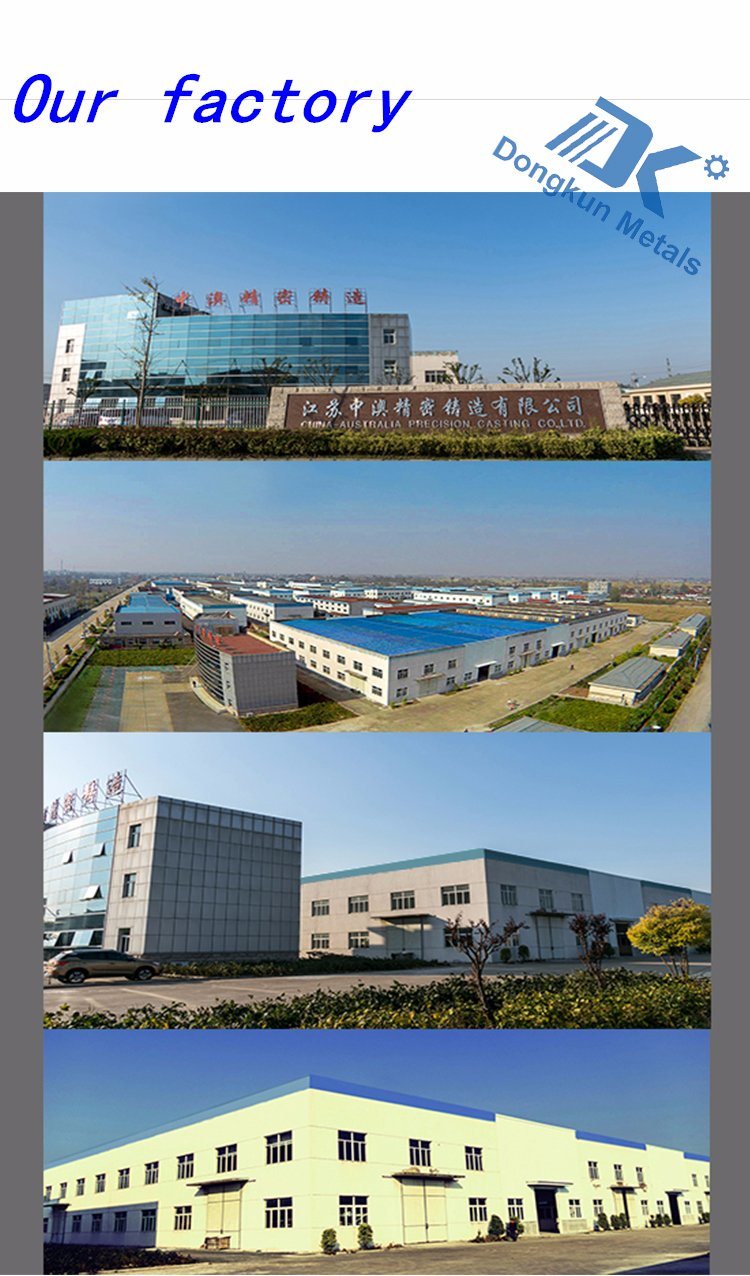
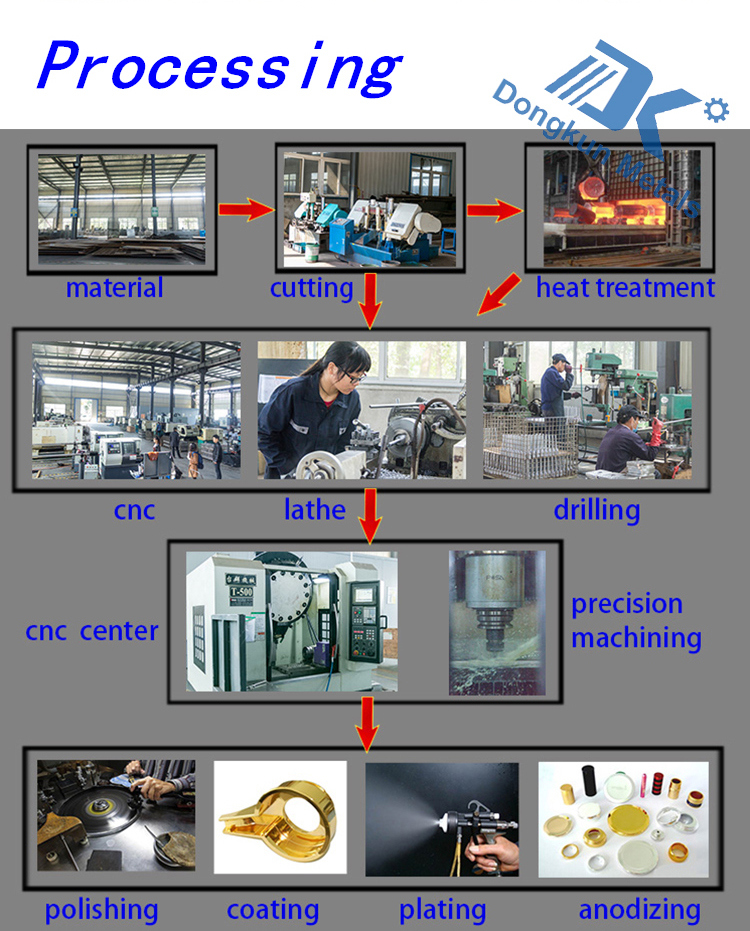
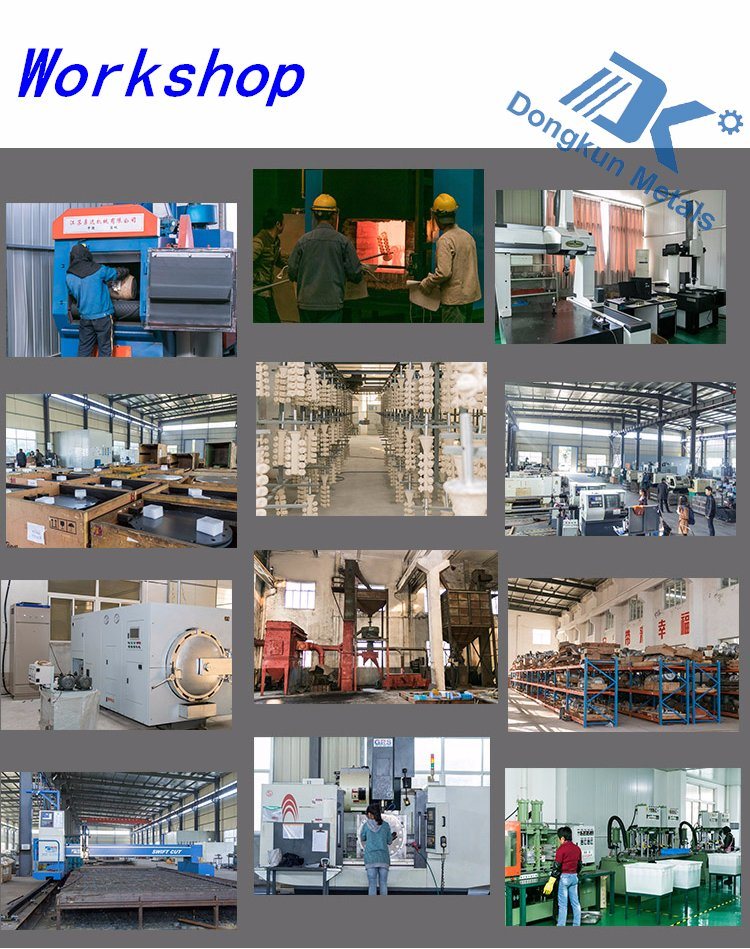
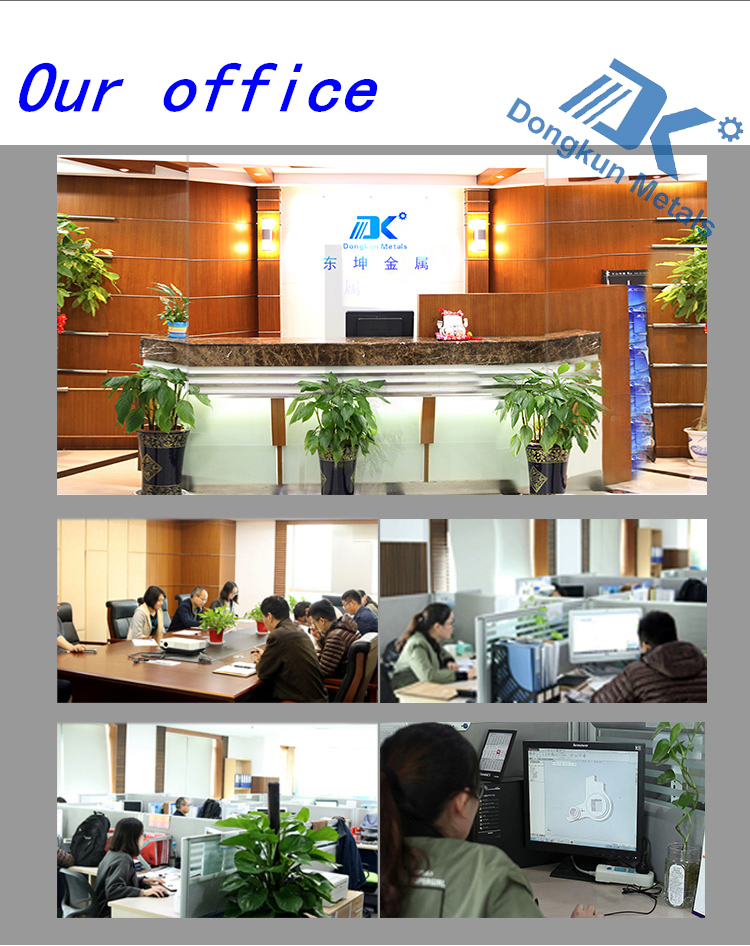 We can read CAD, E-drawing and Pro-E files and use CAD as assistant design for customers. Staffs of DK metals are composed of experienced engineers, metallurgist and professional salesmen with engineering background.DK has strong quality assurance capability. We have in-house CMM, Spectrometer, 2-D projection machine, Roughness tester, Hardness tester, Thickness tester, NDT inspection machines and dozens of normal inspection tools.
We can read CAD, E-drawing and Pro-E files and use CAD as assistant design for customers. Staffs of DK metals are composed of experienced engineers, metallurgist and professional salesmen with engineering background.DK has strong quality assurance capability. We have in-house CMM, Spectrometer, 2-D projection machine, Roughness tester, Hardness tester, Thickness tester, NDT inspection machines and dozens of normal inspection tools.
We deeply knows quality is key problem of engineering products. DK is an ISO9001:2008 certified company. Our factories are mostly ISO9002, QS9000 or ISO/TS16949 certified. Except for internal control of our factories, DK metals is also involved in QC process of products that we developed. This has ensured our products to earn great reputation from our customers.
Â
Textile chemicals are Agricultural Grade Phosphate and Tech Grade Phosphate used in the textile industry to enhance the quality, performance, and appearance of textiles. These chemicals are used at various stages of textile production, including fiber production, dyeing, printing, finishing, and laundering.
Some common types of textile chemicals include:
1. Dyes and pigments: These chemicals are used to add color to textiles. They can be either natural or synthetic and are available in a wide range of colors.
2. Auxiliaries: These chemicals are used to improve the dyeing and printing process. They can help to enhance color fastness, improve dye penetration, and prevent bleeding of colors.
3. Finishing chemicals: These chemicals are used to improve the properties of textiles, such as softness, wrinkle resistance, water repellency, and flame retardancy. Some common finishing chemicals include fabric softeners, anti-static agents, and water repellents.
4. Bleaching agents: These chemicals are used to remove impurities and whiten textiles. They are commonly used in the production of white or light-colored fabrics.
5. Surfactants: These chemicals are used as wetting agents, emulsifiers, and detergents in textile processing. They help to improve the penetration of dyes and other chemicals into the fabric.
6. Flame retardants: These chemicals are used to make textiles resistant to fire. They are commonly used in the production of protective clothing and home furnishing fabrics
7. Antimicrobial agents: These chemicals are used to prevent the growth of bacteria, fungi, and other microorganisms on textiles. They are commonly used in the production of medical textiles and sportswear.
It is important to note that the use of textile chemicals is regulated by various environmental and health regulations to ensure their safe use and minimize their impact on the environment and human health.
general grade products Soybean Wax, Eco-Wax 100% Organic Soy Wax, Soybean Wax Paraffin Candle
Sichuan Jinhe Qihang Co,. Ltd. , https://www.jqfoodadditives.com